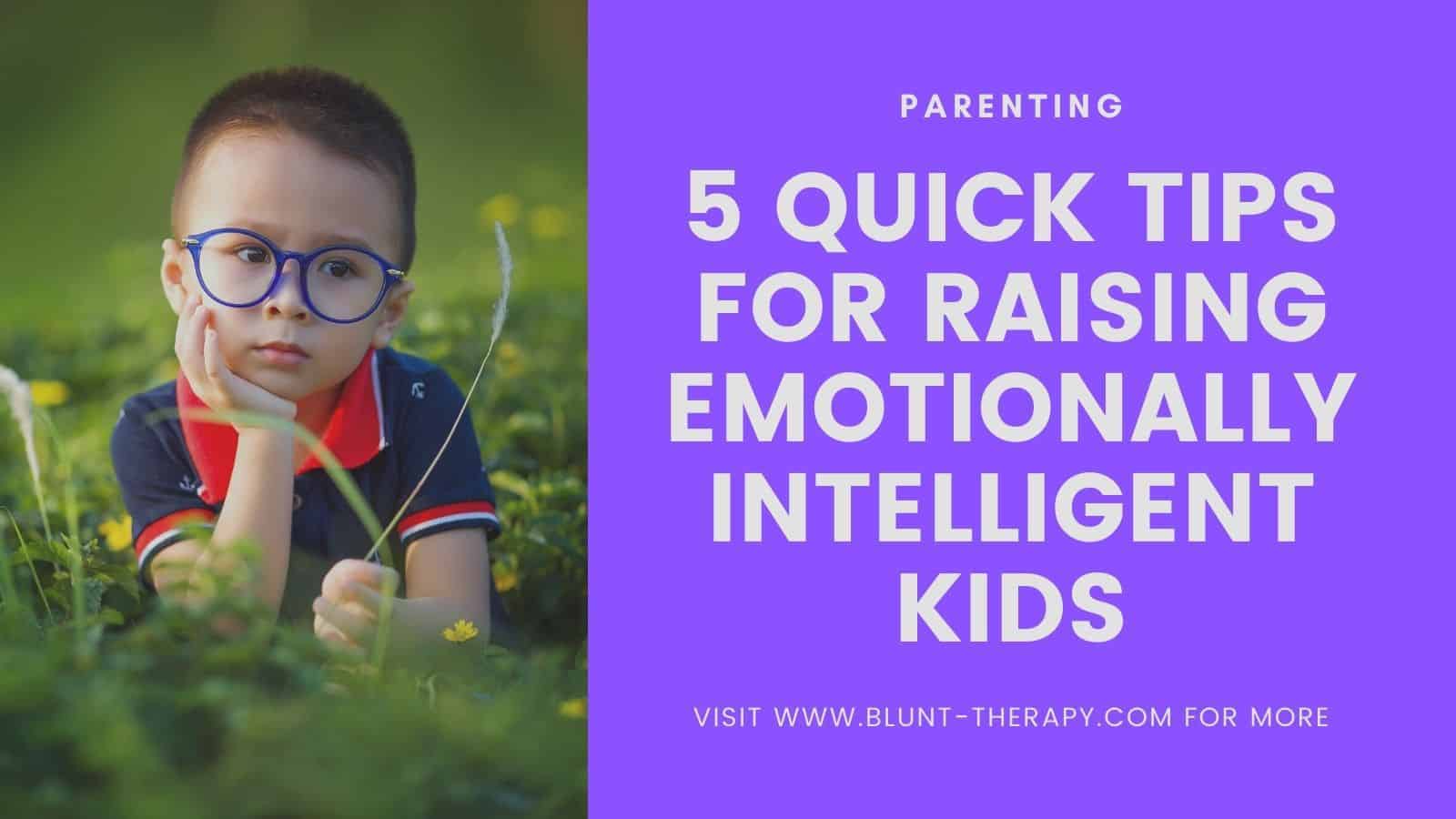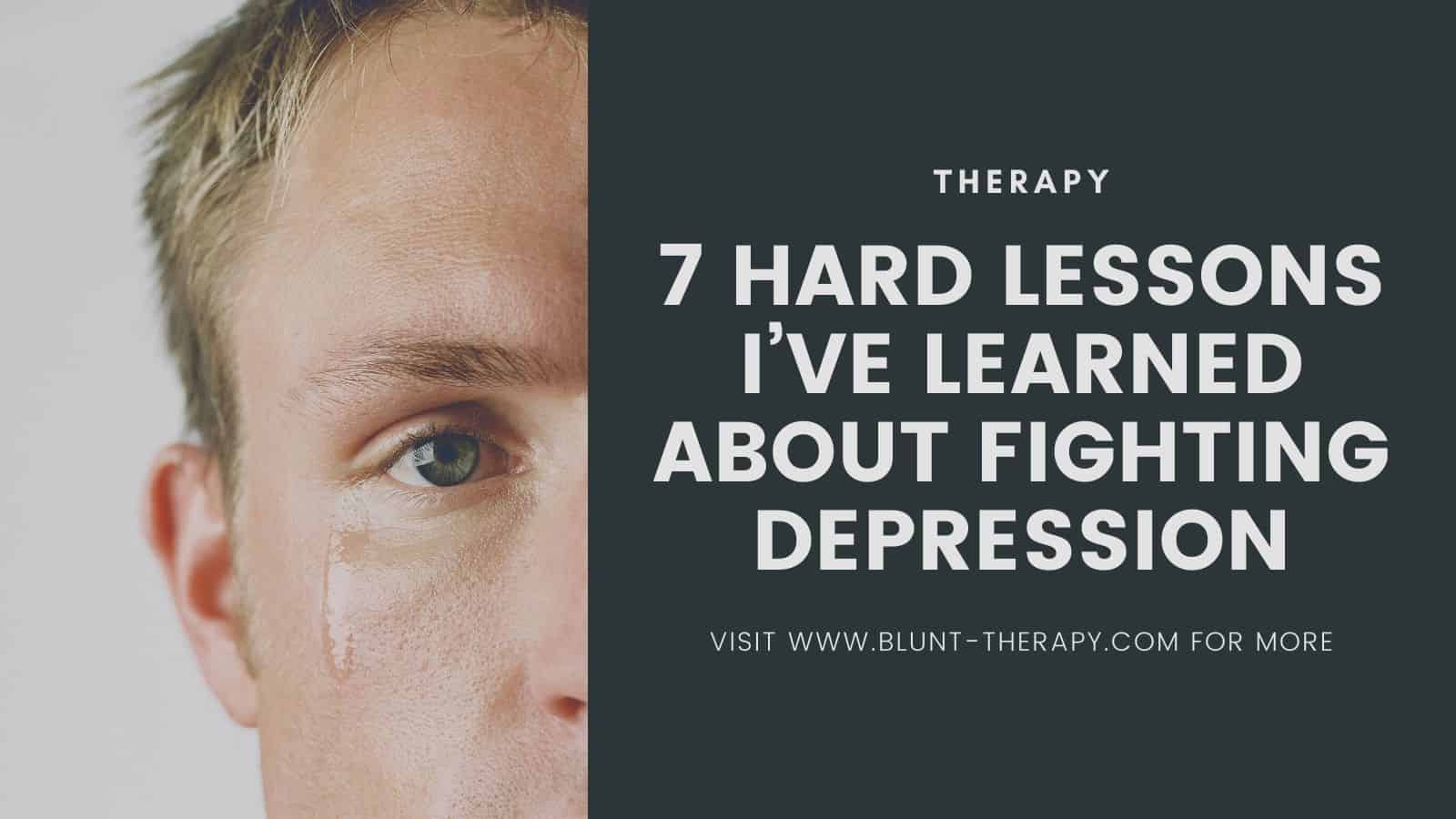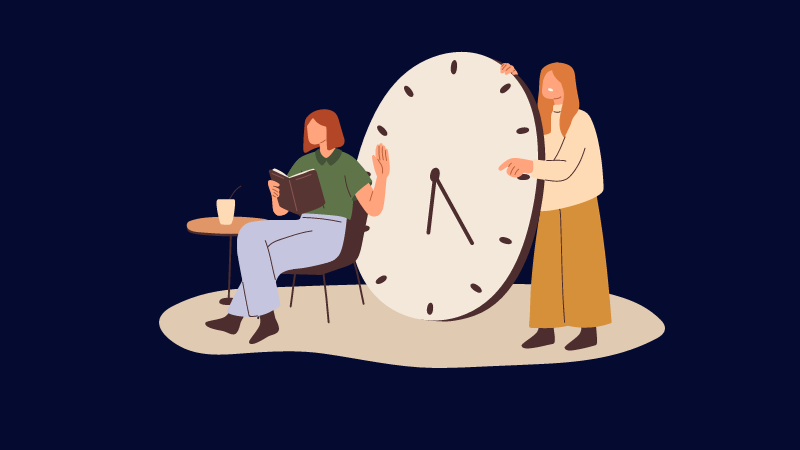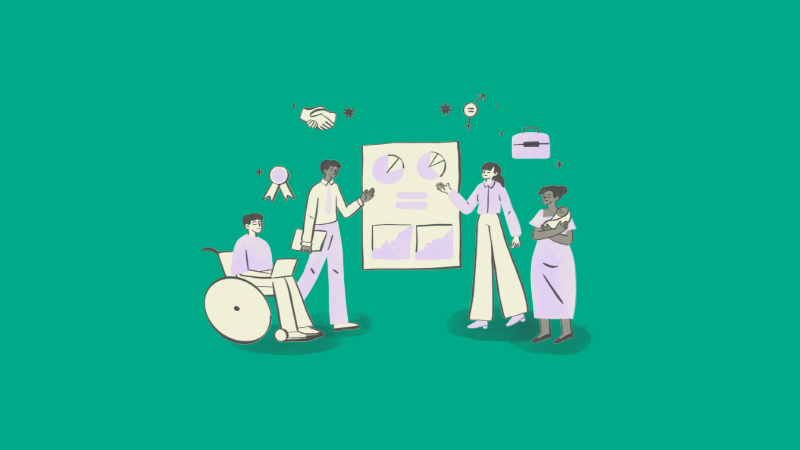Table of Contents
Affiliate link notice: As an affiliate of BetterHelp and other third-party vendors, We will receive compensation if you make a purchase using the links provided on this page. For more information, visit our disclosure page.
Last Updated on December 1, 2022 by Randy Withers, LCMHC
The explosion of the Internet and technology produced countless beneficial advancements. Unfortunately, it also produced an influx of pornographic material. Currently, the porn industry is worth nearly $100 billion worldwide.
While online porn is generating plenty of revenue for its creators, it’s also putting millions of viewers at risk of developing an unhealthy addiction to it.
The American Psychiatric Association (APA) is continuing to research porn addiction and its effects on mental health and wellbeing. Here we’ll take a closer look at the link between porn addiction and mental health and how it may impact an addict’s quality of life.

What is Porn Addiction?
There’s no set definition for porn addiction. There’s also a fine line between porn addiction and what may be regarded as a natural curiosity to view pornographic material. Many people don’t believe they have an addiction, but several warning signs might suggest otherwise.
In general, be on the lookout for the following:
- Obsessive thinking about pornography
- A compulsive need to view pornography, or to require it in order to achieve sexual arousal
- Impairment in your ability to function without it
- Denial of the seriousness of your dependence on pornography.
If you’ve become emotionally and physically dependent on porn or it’s negatively impacting your daily life (both personally and professionally), you may be struggling with an addiction.
Using porn in moderation for sexual arousal or satisfaction is generally fine and not harmful. On the other hand, if you’re using porn as an outlet for deeply rooted emotional pain or trauma, as a constant source of pleasure and stress relief, or in place of meaningful relationships, it has become an unhealthy behavior.
Porn addiction can also be a symptom of mental illness. Specifically, it can be used to self-medicate the effects of mental disorders and even other addictions.
What is Mental Illness?
The phrase “mental illness” encompasses a wide range of conditions that affect a person’s mood, behavior, and thinking. Anxiety and depression are two of the most common mental illnesses, plaguing over 18% of the population. Other common mental illnesses include bipolar disorder, eating disorders, and PTSD.
Because mental illness varies drastically from one disorder and person to the next, identifying specific symptoms is difficult. However, here are a few common symptoms that span multiple disorders.
- Extreme mood swings
- Low energy and excess fatigue
- Excessive fears or worries
- Extreme feelings of guilt or shame
- Sadness or hopelessness
- Inability to concentrate or excessive confusion
- Withdrawal from friends and daily activities
For individuals with mental illness, these symptoms can present themselves in any number of ways and vary in intensity.
Many people who struggle with porn addiction may also struggle with similar symptoms. They may experience feelings of guilt or shame, mood swings, and withdrawal from friends and family. Sexual dysfunction, such as a loss of libido or inability to experience arousal, are often signs of porn addiction as well.
Let’s take a closer look at how these mental illness and porn addiction are linked.
How Are Porn Addiction and Mental Health Linked?
Any addiction will negatively impact your mental health and wellbeing. But can a mental health disorder trigger an addiction? These two conditions are so closely related that one can argue over which came first (like the chicken or the egg theory).
Here are some of the most notable similarities and overlaps.
Porn Addiction and Depression
Depression is one of the most prolific mental health disorders, but did you know that individuals who view pornography are twice as likely to develop depression? Research also suggests that porn addicts are much more likely to feel isolated and lonely, which can trigger feelings of depression.
Porn offers more than just sexual satisfaction and release. For some addicts, it offers companionship and stress relief. Some individuals with depression use porn as an outlet to escape from reality. They may even develop emotional connections and bonds with the actors. This can worsen depression symptoms as porn addicts often fall deep into a world of isolation where they can exist alone with their addiction.
Depressed individuals are often looking for an outlet for their sadness. Viewing pornography causes a physical, chemical reaction in the brain. During the act, your brain releases chemicals like serotonin and dopamine, which elicit feelings of happiness — something depressed individuals crave. Before long, these people develop a dependency on porn for the positive feelings it creates.
An obsessive need to view pornography may also transform a normally happy, healthy, social individual into a recluse. They may start to withdraw from family and friends, neglect relationships, and fall behind at work, all in order to indulge their urges. The inability to perform and function in daily life can also develop into a depressive disorder.
The Negative Effects of Porn Addiction on Mental Health
Most addictions will turn your world upside down and turn most people into an unrecognizable version of their former selves. Addiction causes changes in personality, motivation, mood, and even physical appearance.
While porn addiction isn’t a physical addiction in the same way as drugs and alcohol are, it can still take its toll on your mental health and wellbeing.
Porn addiction wreaks havoc on your self-confidence. Many addicts find themselves caught in an unhealthy cycle of watching porn to make themselves feel better and then feeling an overwhelming sense of guilt and shame afterward. It’s also normal for anyone viewing porn to compare themselves to the actors on screen. These unrealistic expectations make many people feel bad about their own appearance and sexual abilities.
Your physical health may also be in danger. Some studies show that porn addicts are at higher risk of developing ED (erectile dysfunction). Not only does this make performing sexually more difficult, but it’s another hit to the male ego.
If you’re hiding your porn addiction from friends and loved ones, you may be feeling extremely guilty and at odds with yourself. This is an unhealthy place to be, mentally. Compromising your job or paying for exclusive adult content could put you in hot waters financially, triggering additional stress and anxiety.
Breaking Your Porn Addiction is an Investment in Your Mental Health
Addicts often find themselves in unhealthy situations — both physically and mentally. Porn addiction is no different. Indulging in endless hours of pornographic material, withdrawing from friends and family, and harboring feelings of extreme guilt and shame will take their toll on your mental health.
Certain mental health issues like depression and anxiety might put you at greater risk of developing porn addiction. There’s no sure-fire way to prevent porn addiction or to combat mental illness. Investing time in self-care, mental wellness, and your physical health are all steps in the right direction.
Be honest with yourself about your behaviors, tendencies, and vulnerabilities. Doing so will help keep you alert and aware if addiction or a mental health disorder starts to creep in.










